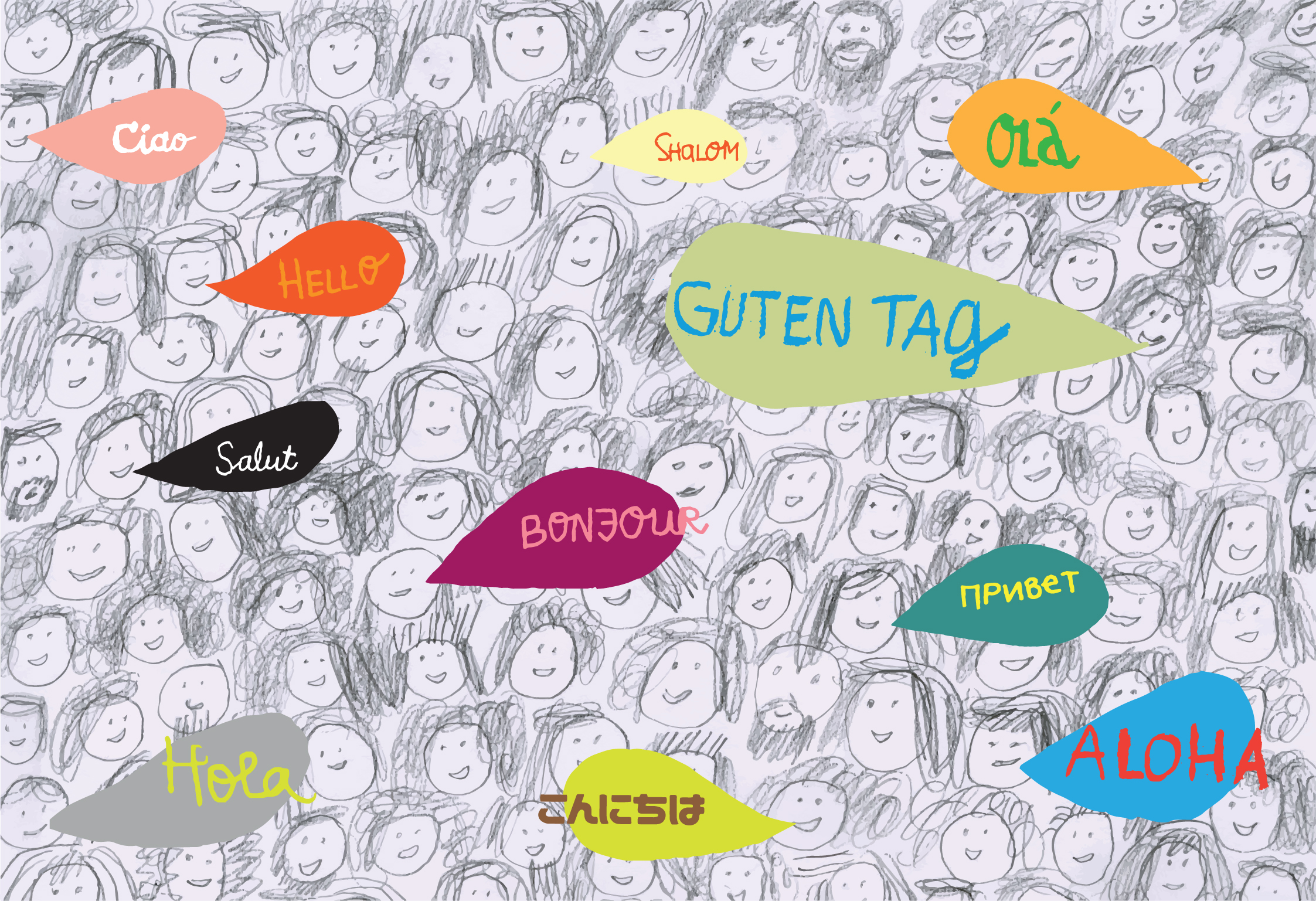Written by Ella, Teen Volunteer
Halifax Public Libraries' Teen Blog is written by and for teens. Discover more posts here.
My name is Ella (Sunghyun) Kang, and I speak 3 languages: English, French, and Korean.
When I first started learning French as my second language, impossible words and incomprehensible accents were really intimidating. But, I tried and tried and my perseverance eventually worked! Now, I’ve come to the point where I can’t live without this beautiful language!
I've also had a hard time learning English, which is my third language. I’m still in the process of developing my skills, and I know that I will master it one day, if I try hard enough.
Learning a new language opens a door—we can connect with others and understand our different cultures better. Learning a language may seem challenging and daunting, but believe me, it’s not like that at all.
Anyone can start, at any time. Just start small! Take a look at my tips and start exploring that breathtaking language you’ve always wanted to!
Plan ahead
The first steps are crucial for success! This rule applies for language too, so be specific and have a plan. Figure out what exactly you’d like to accomplish, how and by when. Studying a little bit every day is ideal, so set up reviewing time each day—even if it's just a few minutes.
Don’t forget to aim for goals, whether small or big. You can start by learning the 100 most important words or conjugations of 10 essential verbs, and process to long-term goals like proficiency in reading, writing, listening, and speaking.
But, also remember that everyone has different learning styles and pace, so try to find your own that suits you the best.
Start with the basics
It’s essential to start with the basics of any language. Immersing yourself right into the language is a good start sometimes but understanding the basics first would definitely help you not be totally lost. Start with common words such as “to be” or “to have." You can also memorize specific phrases to use in different circumstances. One subject that I strongly recommend you to master, is introductions. Appreciate how to make yourself known when meeting people for the first time. And later, you can progress into more complicated grammar and sentences.
Get yourself involved in conversation
The most helpful thing I found when learning languages was conversation. Since language is something that should be processed through doing. The more you hear and talk, the more connections your brain makes—meaning you to get better at that language. Having a small talk with native speakers definitely helps with pronunciation, inserting new words into your vocabulary, and mastering sentences.
Make it fun
You need to enjoy what you are doing, so don’t force yourself too much. You can take a little break from daily learning, it’s alright. Or you can even use other methods like watching a TV show or movie, listening to music, or reading magazines in the language you want to learn.
Don't be afraid of making mistakes or miscommunications. You just dove into the world of this language, it’s undoubtedly normal to have some trouble.
Play with the language, learn from your mistakes, and again, have fun.
Library resources
The Library also has resources from home like OverDrive and its app, Libby where you can read books in the language you're learning and Rocket Languages app that you can use to get started with a new language. The Library also has books, films and magazines in so many languages and lots of other online resources to support language learning so be sure to reach out to the Library to find fun (and free) ways to support your learning.
Best wishes to everyone delving into the art of learning a new language!
About the writer
My name is Ella (Sunghyun) Kang and I’m 16 years old. I’m a teenager who loves art, reading, and Halifax.



Add a comment to: Learning a New Language